Nominations for the 2020 Real Innovation Awards have been received and several outstanding businesses driving innovation in their sector have been shortlisted. While the judges determined a winner for each category, in September the People’s Choice voting ran in parallel. Get inspired by the innovation stories of the 2020 Finalists below.
The Judges' Choice Award winners were announced at our virtual event on 10 December 2020. Hear from LBS faculty and winners on the 'Innovation in Adversity' theme which coincides with the new category that we’ve added as a result of the current situation. The event culminated with a fireside discussion with the category winners hosted by Julian Birkinshaw and Jeff Skinner.
Follow #RealInnovationAwards for further updates.

The finalists
%20
Alexander Fleming Serendipity Award
The Judges’ Choice Award winner is Instabug.
The People's Choice Award winner is Swiss Vault Systems.
 World leaders in in-vitro plant propagation and the production and marketing of fruit and olive trees, Agromillora Group’s long history (it was founded in 1986) is marked by innovation and dedication to the highest genetic and health standards.
World leaders in in-vitro plant propagation and the production and marketing of fruit and olive trees, Agromillora Group’s long history (it was founded in 1986) is marked by innovation and dedication to the highest genetic and health standards.What is less well known is that the company’s genesis came about through sheer chance. When three farmers working in the wine region of Penedes, near Barcelona, complained among themselves about the laborious nature of harvesting olives in the traditional way (using a stick to hit the trees and make the fruit fall), one of their number joked about using a grape-collecting machine to collect the olives. More out of curiosity (and without taking the idea seriously) they tied some olive-tree branches to grapevines – and were astonished to find that the machine collected most of the produce. They subsequently discovered that olive trees could be genetically engineered to grow to a specific height and width.
This was the basis of a seminal breakthrough in intensive agricultural production, leading not only to annual sales in excess of 80 million plants for Agromillora, but pioneering developments in technology with the potential to help address critical global challenges of population growth, climate change and water shortages.
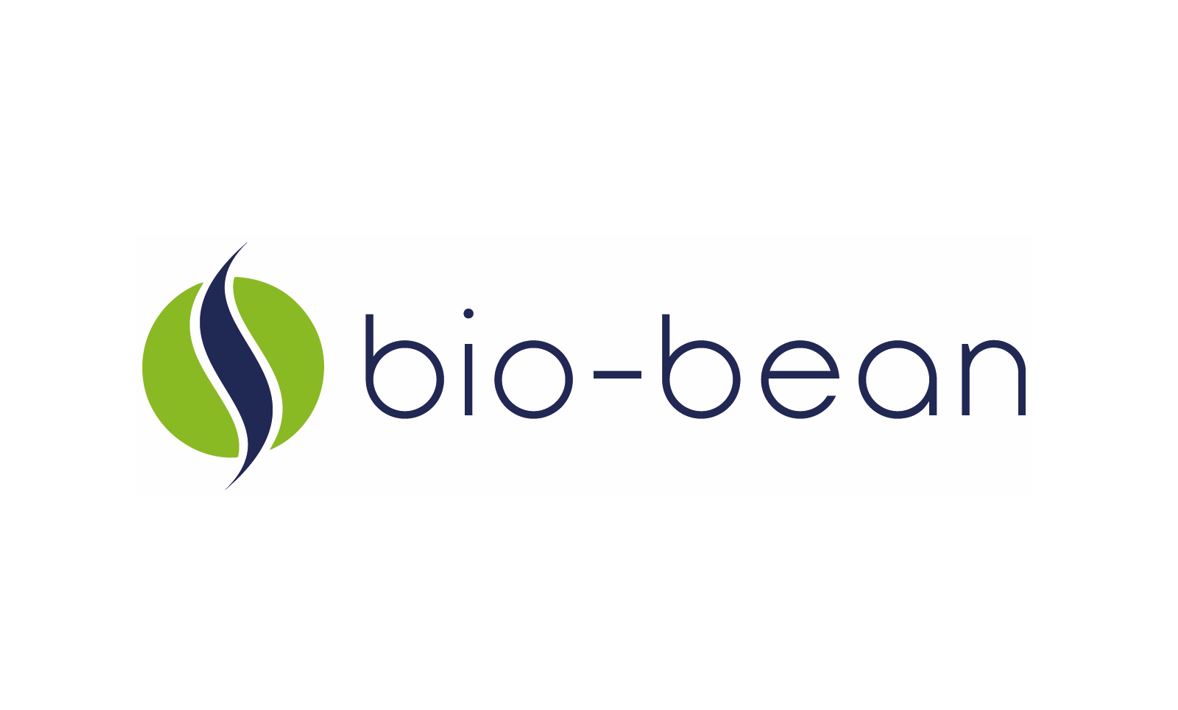 Founded in London in 2013, bio-bean recycles spent coffee grounds from coffee shops, restaurants and offices into sustainable bio-products for a circular economy; including solid biofuels in the form of fire logs for domestic wood burners and stoves, pellets for industrial biomass boilers, natural flavour ingredients for food and beverage manufacturers, and dried, recycled grounds as a bulk raw material for other product innovations. But that hardly merits an Alexander Fleming Serendipity award.
Founded in London in 2013, bio-bean recycles spent coffee grounds from coffee shops, restaurants and offices into sustainable bio-products for a circular economy; including solid biofuels in the form of fire logs for domestic wood burners and stoves, pellets for industrial biomass boilers, natural flavour ingredients for food and beverage manufacturers, and dried, recycled grounds as a bulk raw material for other product innovations. But that hardly merits an Alexander Fleming Serendipity award.What is remarkable about bio-bean’s story is that its discovery did not come about through any idea-generation process; nor was it the result of plotting value curves to figure out what could be done with coffee-industry waste. In fact, in a true tale of serendipity, the idea came simply from drinking a cup of coffee. Noticing a film of oil on top of his drink, UCL architecture student Arthur Kay wondered whether it had potential to create biofuel. There was, and with fellow ex-UCL student Benjamin Harriman, Kay developed a proprietary, patent-pending process to extract the latent resource and establish what rapidly became the world’s largest recycler of spent coffee grounds.
Seven years on from inception and offering a wide range of innovative, coffee-derived products, bio-bean’s future burns bright: in April 2019 it secured £4 million in equity funding to help launch new product lines and expand internationally.
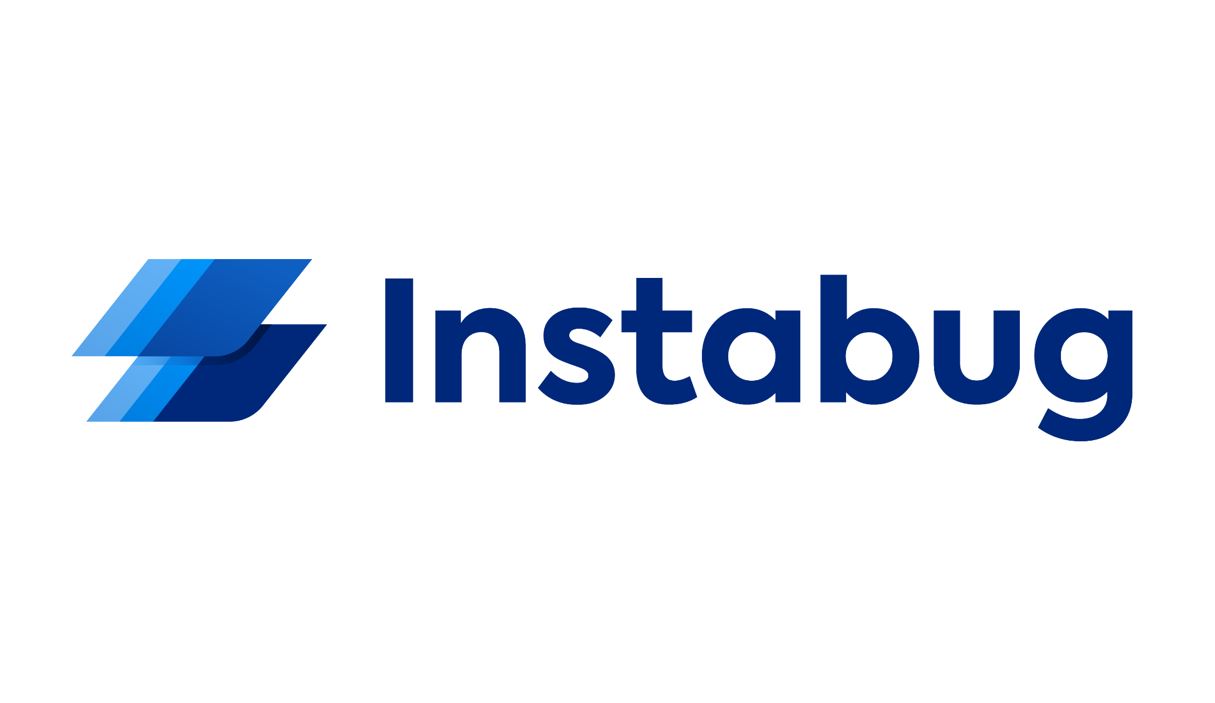 During their last year at Cairo university, Egyptian software engineers Omar Gabr and Moataz Soliman built a social media mobile application and needed a platform to test it. Not being able to find a suitable one, they built their own and in 2012, after graduating, launched an app-testing website that leverages crowdsourcing to get feedback from users. But the response was entirely negative, except for one feature: the ability to send feedback within the app without having to leave it or send e-mails.
During their last year at Cairo university, Egyptian software engineers Omar Gabr and Moataz Soliman built a social media mobile application and needed a platform to test it. Not being able to find a suitable one, they built their own and in 2012, after graduating, launched an app-testing website that leverages crowdsourcing to get feedback from users. But the response was entirely negative, except for one feature: the ability to send feedback within the app without having to leave it or send e-mails.The founders of Instabug immediately pivoted from their original idea to a simple, in-app tool for developers that provides an easy way to get feedback from users and shortens the time to fix bugs. The clever innovation was quickly adopted by the global tech community and today is used by many leading businesses and platforms, including PayPal, Soundcloud, Lyft and Yahoo, with a user base in 2019 of two billion individual users – enabling the company to attract $5 million in Series A funding in 2020. Much like penicillin’s ability to repel bacterial infections, the app’s ability to help eradicate a different kind of bug was discovered purely by accident – but an extremely happy one for developers everywhere.
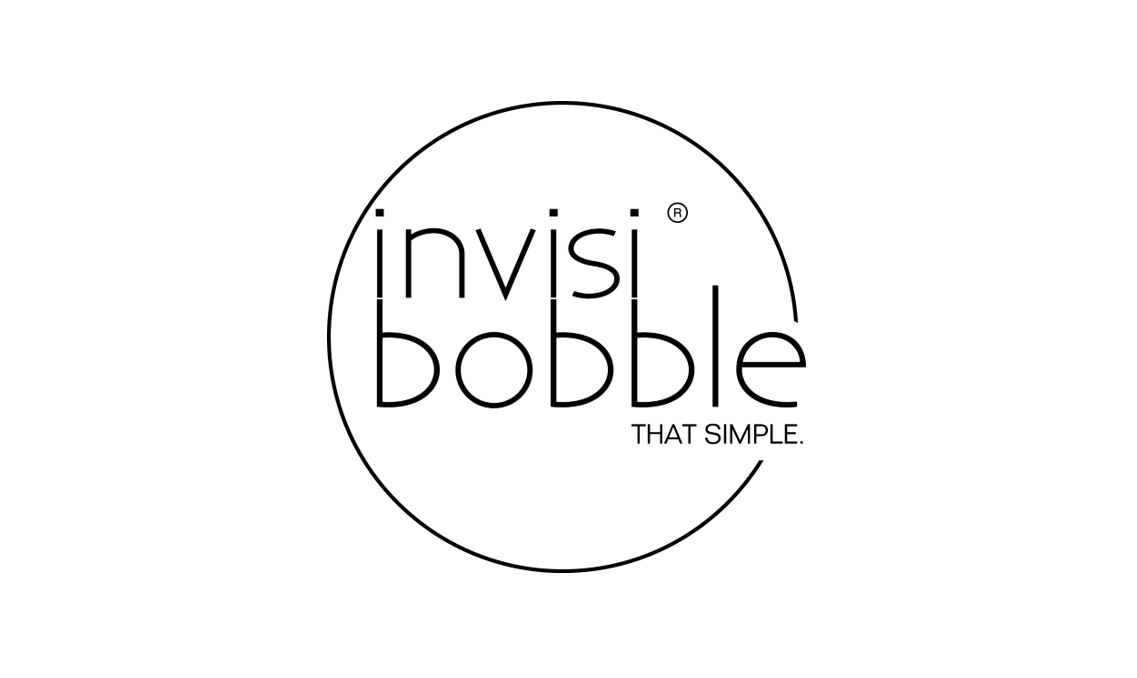 Most ponytail-wearers understand the problem of having unwanted creases in their locks after relaxing their hair – not to mention occasional headaches and hair breakage from the elastic hair ties. It was therefore a moment of pure serendipity when Sophie Trelles-Tvede, then an 18-year-old university student, stumbled across a new kind of hair tie in in 2012. As part of her outfit for an ABC (anything but clothes) party, where guests make clothing out of random objects, she used a telephone cord to tie her hair up. The next morning, she woke up (Alexander Fleming-like) to discover… nothing! No headache, no dents and no broken hair – so she decided to start Invisibobble.
Most ponytail-wearers understand the problem of having unwanted creases in their locks after relaxing their hair – not to mention occasional headaches and hair breakage from the elastic hair ties. It was therefore a moment of pure serendipity when Sophie Trelles-Tvede, then an 18-year-old university student, stumbled across a new kind of hair tie in in 2012. As part of her outfit for an ABC (anything but clothes) party, where guests make clothing out of random objects, she used a telephone cord to tie her hair up. The next morning, she woke up (Alexander Fleming-like) to discover… nothing! No headache, no dents and no broken hair – so she decided to start Invisibobble.The product was dismissed initially as “just another hair accessory” but reported £16.6 million in annual sales in 2019 and is today sold across more than 100,000 locations globally. For a long time, invisibobble relied on its original hair tie for sales, competing with generic imitators. But, in 2019, it pivoted to position itself as an innovator in the hair accessories space, with multiple innovative new products that drove the success seen that year and which promise to cement the brand’s global recognisability.
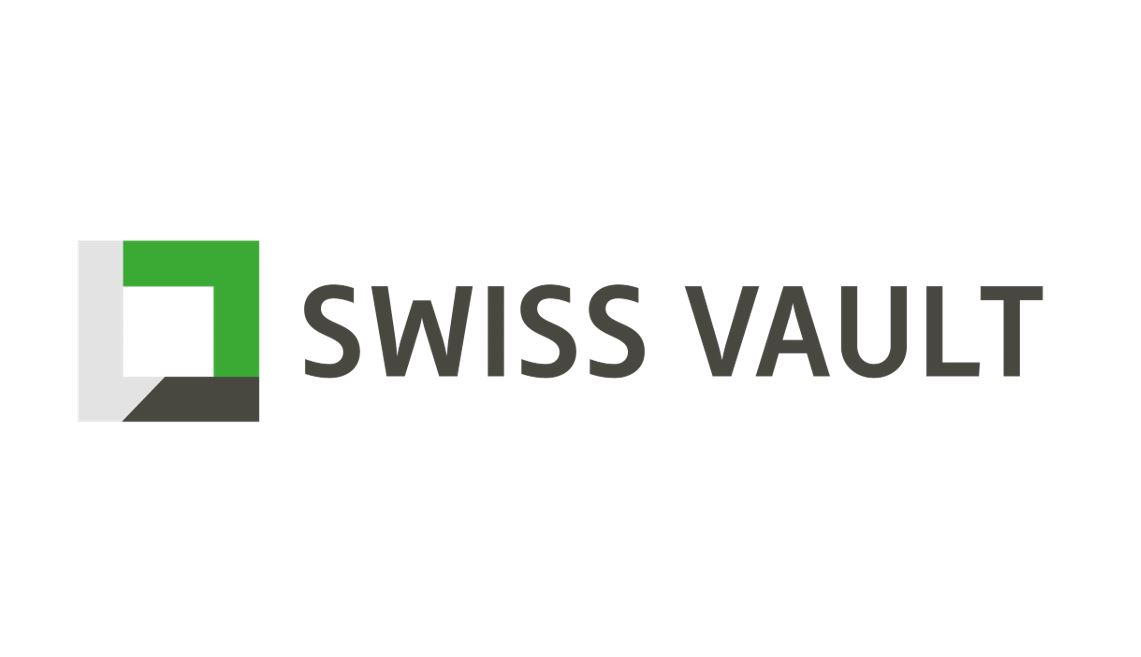 With the demand for computing power accelerating exponentially year-on-year, analysts calculate that data storage could account for 20% of all the world’s electricity by 2025, due to the demand from server farms storing digital data from billions of users. Swiss Vault Systems, co-founded by LBS alumnus Dr. Bhupinder Bhullar, has come up with an unlikely potential solution to the rapidly escalating problem. Trained in molecular oncology at Novartis Pharmaceuticals, Dr Bhullar utilised next-generation DNA sequencing technologies to identify the mutations that confer drug resistance – and along the way, demonstrated a method that increased efficiency of the process to discover the molecular targets for drug compounds by one thousand-fold. But the technology presented a big ‘big-data’ headache for hospitals: the data output from a single machine is one terabyte per sample (equivalent to 1,000 DVD films). How could hospitals, with their limited resources, manage the data volume?
With the demand for computing power accelerating exponentially year-on-year, analysts calculate that data storage could account for 20% of all the world’s electricity by 2025, due to the demand from server farms storing digital data from billions of users. Swiss Vault Systems, co-founded by LBS alumnus Dr. Bhupinder Bhullar, has come up with an unlikely potential solution to the rapidly escalating problem. Trained in molecular oncology at Novartis Pharmaceuticals, Dr Bhullar utilised next-generation DNA sequencing technologies to identify the mutations that confer drug resistance – and along the way, demonstrated a method that increased efficiency of the process to discover the molecular targets for drug compounds by one thousand-fold. But the technology presented a big ‘big-data’ headache for hospitals: the data output from a single machine is one terabyte per sample (equivalent to 1,000 DVD films). How could hospitals, with their limited resources, manage the data volume?Dr Bhullar and Swiss Vault co-founder Doug Fortune built a modular data-storage system that enables hospitals to manage their data simply and efficiently. More importantly, with an 80% reduction in electricity consumption and an 80% reduction in space, the technology dramatically reduces the carbon footprint for our data. The technology has so many industry applications that it could have the same effect on fighting the “data tsunami” as penicillin once had on repelling bacterial infections.
Best Beats First Award
The Judges’ Choice Award winner is Duolingo.
The People's Choice Award winner is Term Finance Holdings.
Flower delivery has been part of the traditional florist offering for decades – but Bloom & Wild has capitalised on consumer demand and emerged as the market leader by offering a different and better business model than the long-established first movers. The idea came from founder Aron Gelbard’s “so-so experiences [of] sending flowers and [wondering] why it couldn’t be better, especially on mobile.” In refining the value proposition, Gelbard borrowed an idea from snack-box company Graze, which uses an innovative letterbox delivery model, to resolve one of the main pain points with sending flowers: the recipient has to be home to receive them.
A direct-to-consumer online florist (“carefully hand-packed and sent in bud [so they last longer] in boxes that fit through the letterbox”, the company differentiates itself through emotive branding, an improved user experience (seamless online ordering) and letterbox delivery. Its disruptive model has catapulted the company ahead of incumbents: in 2019, Deloitte reported that it had grown revenues by a factor of 40 over the last three years. Bloom & Wild was not first to the flower delivery market, but it has blossomed into the best.
When Down Dog was launched in 2015, the online personal fitness industry was highly competitive and ‘digital’ yoga was becoming an increasingly crowded space. But, being yoga practitioners themselves, Down Dog co-founders Benjamin Simon and Carlos Ormachea identified three key areas where they believed they could create additional value: delivering a yoga experience that was as close to a studio one as possible existing videos and apps made users select their own yoga sequences from a limited set of poses, which lacked the element of discovery of a ‘live’ studio class; using more appropriate music (instead of the usual ‘elevator music’); and enabling a highly customisable practice. They then developed an app that provides over 300,000 yoga sequences each time a user logs in that is also highly customisable by yoga type, duration, level, pace, music and even narrator voice. The result? Down Dog is now the highest‐rated app for yoga at home (over 1.7 million downloads in April 2020), available in nine languages, and boasts a near-five-star rating from 230,000 online reviews. Asked to account for the company’s success, Ormachea cites a quote by Archimedes: “Give me a lever long enough and I will move the world” – as Down Dog is doing in homes everywhere, every day.
@downdogapp https://twitter.com/downdogapp
Founded by James Watt and Martin Dickie in Aberdeen, Scotland in April 2007, BrewDog could hardly claim to be the first craft brewery and pub chain. And in 2007, with many large, established competitors operating on small margins, the industry seemed far from propitious for a couple of students making home brew in their student accommodation and giving it to friends to test. But the founders’ mix of brewing and financial expertise, coupled with a passion for craft beer and the belief that there was real consumer appetite for a more authentic, stronger-tasting product than the current market leaders, saw them launch an operation that began by making small batches of craft beers, then expand rapidly to become the fastest growing food and drink company in the UK in five years.
By June 2019 it had become the 19th most valuable beer brand in the world, with revenues of about £240 million and a valuation of about £1.6 billion. Today it is a $2 billion business that runs breweries, pubs and hotels in the UK, Europe, USA, Australia and Japan. So, BrewDog was far from the first company to make and market ‘real’ a@le. Then again, you could say, best beats thirst every time...
When Duolingo was founded by Luis von Ahn and Severin Hacker in 2011, Rosetta Stone – founded in 1992 and the largest among many players in the online language learning space – was valued at $70 million. How could a new entrant succeed in such a mature and crowded marketplace? The answer: through a superior product, an innovative business model and self-belief. Incumbents typically charged hundreds of dollars for content and required accredited testing to take place in person, so von Ahn and Hacker decided to create a free, mass-market product. Initially using an ad-free model that used language learners as an outsourced labour pool, Duolingo leveraged users to translate content from a learnt language into their native language, selling the product to corporates. The founders subsequently pivoted from a B2B to B2C model, launching an ad-based freemium model and the ‘Duolingo English Test’, which allowed users to take university language-entrance exams digitally. The result? In 2019 the company secured a $1.5 billion Series-F round that not only made it a unicorn but gave it a valuation 3.4 times that of Rosetta Stone – whose user base it now dwarfs by many millions of subscribers.
Consumer credit and loans is hardly a new business concept, especially in the Caribbean where a borrowing culture has really culminated over the years. Trinidad and Tobago-based Term Finance Holdings was really late to the race, but introduced a new way of lending that is quickly propelling them to the top.
Founded by Oliver Sabga in 2015 with just one other employee, in five years – and with a headcount of 15 – it manages TT$60 million (approximately £7 million) a year in micro loans, with a “strike” rate of 80% for clients – staggering results given that it has never had a face-to-face meeting with a customer. Nor could it, because Term Finance is an entirely virtual operation.
The CEO credits the success to a collaborative team effort, but it also owes much to technology, as all their markets have a high mobile penetration rate and very good broadband connectivity. Now disbursing thousands of loans every month, the firm simply wouldn't be able to cope if each customer received an average consultation of 30 minutes. But, as Sabga points out, “I can guarantee that we know a whole lot more about that customer than you can get face-to-face” – and it is that knowledge that is enabling Term Finance to out-pace the incumbents.
%20
George Bernard Shaw Unreasonable Person Award
The Judges’ Choice Award winner is Tomilola Adejana, CEO and Co-Founder of Bankly.
The People's Choice Award winner is Abbas Dayekh Founder of OyaNow.
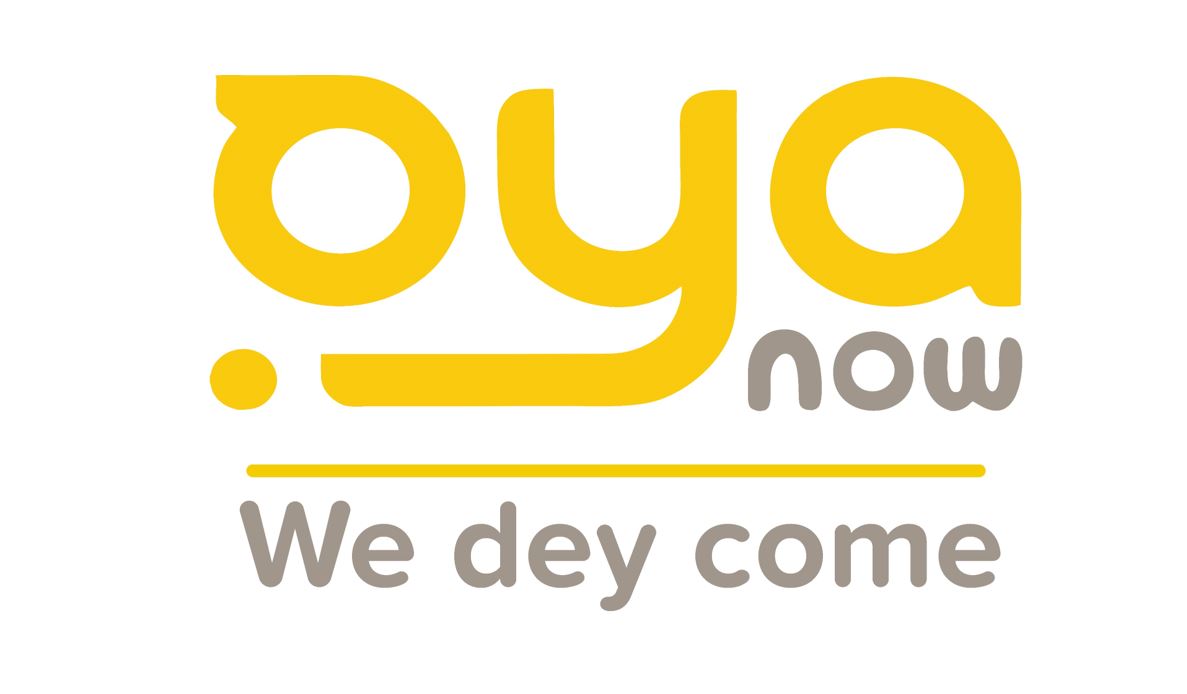 Inspired by the founders of Alibaba and Deliveroo, in 2017, Abbas Dayekh seized an opportunity to bring innovation to Nigeria’s doorstep. He founded OyaNow, a delivery and logistics company providing services ranging from food to e-commerce. Despite the plight of personal financial struggles, as a result of a failed venture that preceded in the loss of $1M which cost him employment, and a toppling tech attempt to develop his software; Abbas remained adamant to reconstruct his life and overcome the cultural and mental blockages of Nigeria’s socio-economic challenges.
Inspired by the founders of Alibaba and Deliveroo, in 2017, Abbas Dayekh seized an opportunity to bring innovation to Nigeria’s doorstep. He founded OyaNow, a delivery and logistics company providing services ranging from food to e-commerce. Despite the plight of personal financial struggles, as a result of a failed venture that preceded in the loss of $1M which cost him employment, and a toppling tech attempt to develop his software; Abbas remained adamant to reconstruct his life and overcome the cultural and mental blockages of Nigeria’s socio-economic challenges.
Whilst others would’ve given up from the get-go, the mountains ahead were no hindrance to his perseverance. From rock-bottom, he travelled to six countries worldwide on a loan, in an attempt to pitch his idea and acquire eligible investors who also believed in the same vision.Being in a third world country, Abbas was challenged in mobilising the right mindsets, in addition to educating, and training the youth on how to utilise smart technology solutions. Implementing, technology, training and logistics was a total nightmare when modern day services and transportation was out of reach.
Today, OyaNow’s market brand represents convenience, reliability and quality of service.
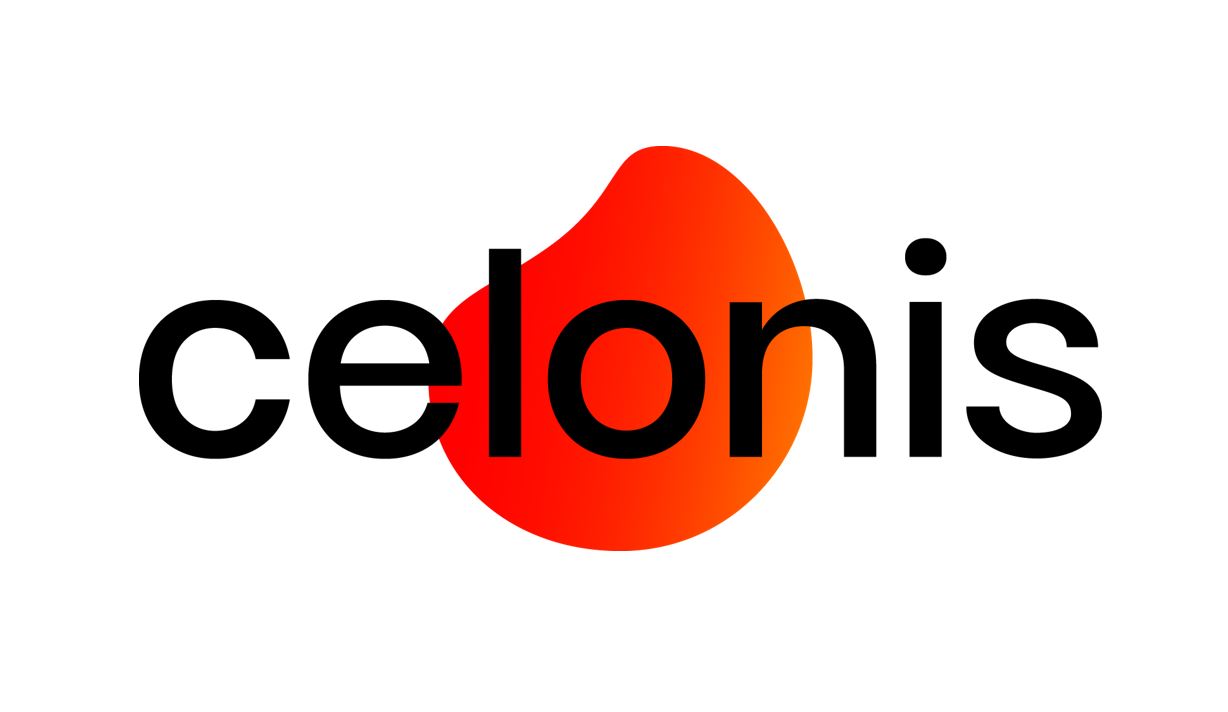 Alexander Rinke and his two Celonis cofounders were students when they worked on a college project in 2011 to improve a local company’s IT helpdesk ticketing process. Rinke realised that the company had many data points but no way to leverage, process and visualise the data. Confident that their idea had commercial potential as process mining software, the founders contributed equally to the €12,500 initial capital deposit and set about building a customer base.
Alexander Rinke and his two Celonis cofounders were students when they worked on a college project in 2011 to improve a local company’s IT helpdesk ticketing process. Rinke realised that the company had many data points but no way to leverage, process and visualise the data. Confident that their idea had commercial potential as process mining software, the founders contributed equally to the €12,500 initial capital deposit and set about building a customer base.The team was very young, with no experience in developing, marketing, or selling software. Munich then had no culture of entrepreneurship and no successful software company had emerged from Germany for 20 years. Pitching to decision makers was a challenge: Emails were not read, and it was impossible to get a meeting with an executive. Convinced that handwritten letters would be delivered, they sent 1,500 notes to potential customers, among them some of the largest German corporations, and within weeks many new leads were generated. With remarkable persistency and self-belief, the founders bootstrapped Celonis until they got their first breakthrough with a global reseller agreement with SAP in 2015. The next year they finally got external funding, a $27.5 million Series A round led by Accel/North83. Today Celonis’s AI-based process-mining tools are used by companies such as Airbus, Siemens, L’Oreal and Uber, and it has raised $290 million in a Series C round, valuing it at $2.5 billion, making it one of the very few European software unicorns.
Charles Macharia formed the non-profit MASH Foundation Trust in 2008 years ago to help educate young children in rural Kenya, providing key learnings on health and sanitation and giving them the business skills to start sustainable micro-organisations. Knowing that such classroom-based initiatives often fail because many parents are simply too poor to send their children to school, and to combat the problem of high illiteracy rates, Macharia developed a series of fun board games and activities to be used in the community, hoping to attract funding and support from local government. Unfortunately, local authorities declined to support the innovative new model, being wedded to a 'trickle-down' system in which international donors give money to central government, who then fund programmes at local level. So, after trying unsuccessfully for several years to get funding - and convinced that the key to success lay in empowering local communities - Macharia decided to work directly with schools to prove that his idea would work. It did, indeed and, by focusing on developing international partnerships, he was able to expand the trust to offer a library, mentorship, sponsorship of students and volunteering opportunities, helping to profoundly change children's health education and life chances in rural Kenya
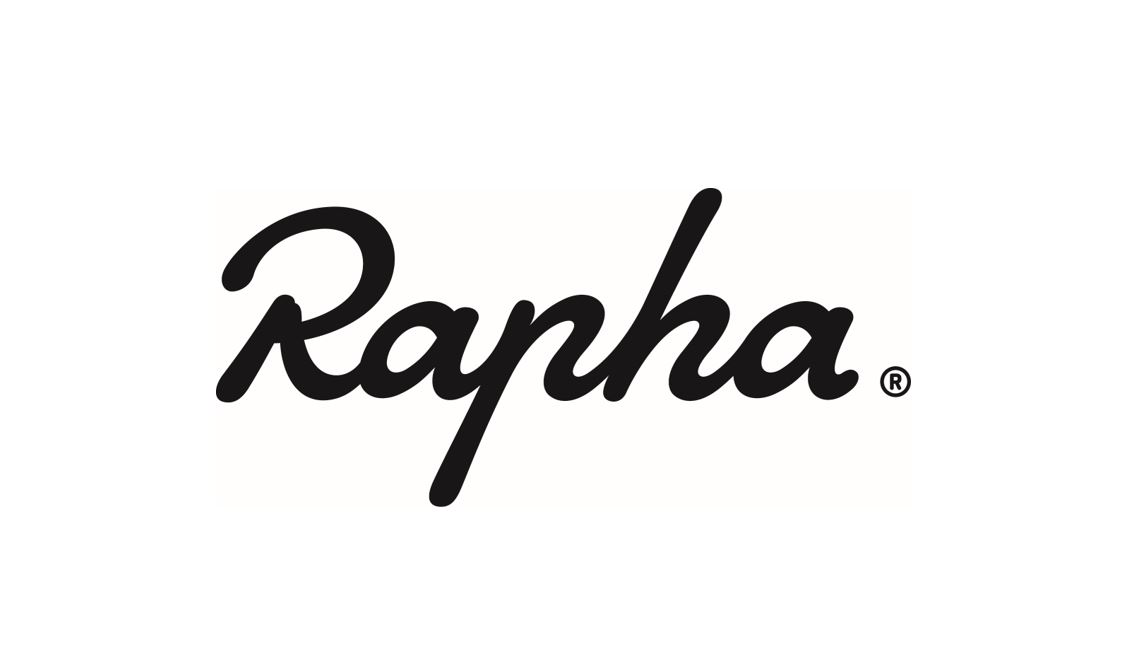 In 2002, British entrepreneur Simon Mottram tried to get angel funding to launch an up-market bikewear brand, using an online direct-to-consumer (DTC) business model. But raising capital for a cycling brand then was a titanic task: the road-cycling industry was nascent and unfashionable, Mottram lacked experience in both online channels and professional cycling, and VC funding was nowhere near as available as it is today (it took him over 200 meetings just to raise £140,000).
In 2002, British entrepreneur Simon Mottram tried to get angel funding to launch an up-market bikewear brand, using an online direct-to-consumer (DTC) business model. But raising capital for a cycling brand then was a titanic task: the road-cycling industry was nascent and unfashionable, Mottram lacked experience in both online channels and professional cycling, and VC funding was nowhere near as available as it is today (it took him over 200 meetings just to raise £140,000).He also encountered difficulties finding a manufacturer who would meet his high standards and work with “this enthusiastic but inexperienced entrepreneur.” But, driven by belief in the concept and determination that bordered on blind obsession, Mottram refused to be deterred.
Convinced that the industry would grow significantly in the near future, he founded Rapha in 2004 using a then-uncommon online D2C business model, differentiating his offering significantly from competitors by creating an innovative community of cyclists. It was the start of a long ride to runaway success: in 2017, Walmart heirs Steuart and Tom Walton acquired a majority stake in Rapha for £200 million and the UK brand recently reached £70 million in revenue.
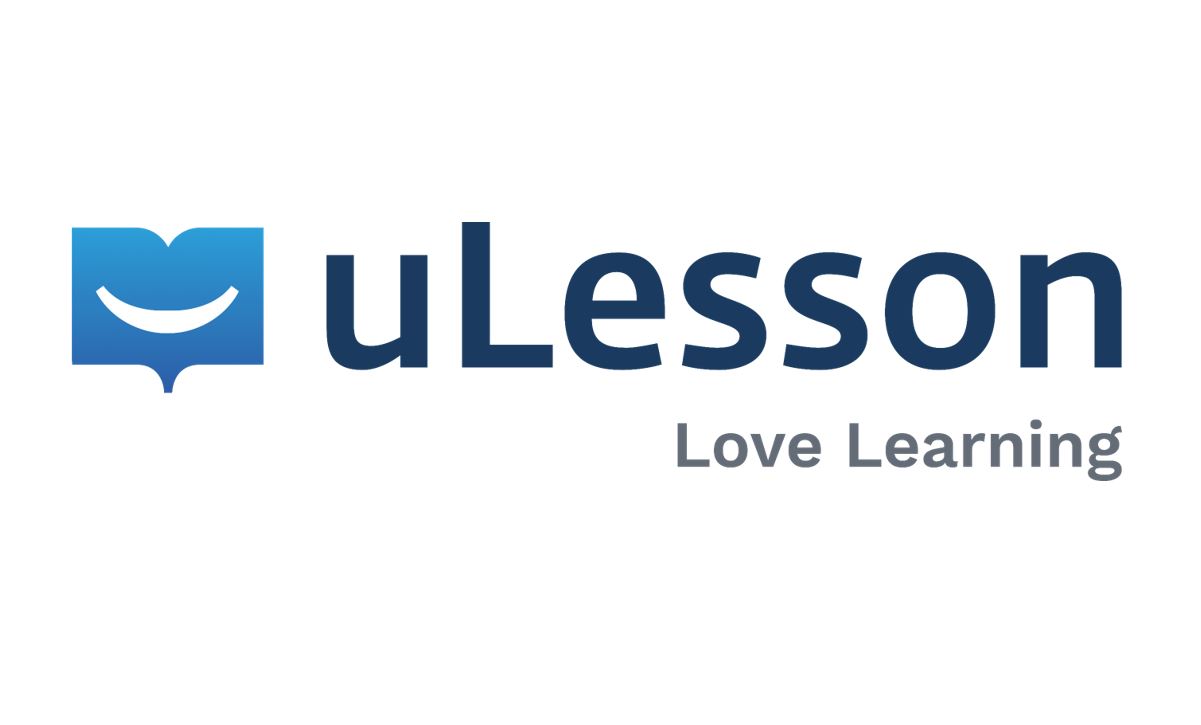 All of Sim Shagaya’s early ideas flopped; either because the Harvard Business School-educated, Nigerian entrepreneur failed to understand the dynamics of the industry he was entering, or because his ideas were considerably ahead of their time. His dating website (alarena.com) failed because Nigerian internet penetration in the early 2000s was too low to support it. His job site (jobclan.com) and his classified ads site (gbogbo.com) failed to answer customer needs, while media-streaming service iNollywood.com (founded even before YouTube launched in the US) suffered from being too early to market, with insufficient content to make it pay.
All of Sim Shagaya’s early ideas flopped; either because the Harvard Business School-educated, Nigerian entrepreneur failed to understand the dynamics of the industry he was entering, or because his ideas were considerably ahead of their time. His dating website (alarena.com) failed because Nigerian internet penetration in the early 2000s was too low to support it. His job site (jobclan.com) and his classified ads site (gbogbo.com) failed to answer customer needs, while media-streaming service iNollywood.com (founded even before YouTube launched in the US) suffered from being too early to market, with insufficient content to make it pay.But, equipped with knowledge gained from adverse experience – plus an almost unreasonable capacity to bounce back from failure – Shagaya persevered and went on to launch leading outdoor advertising firm E-Motion Advertising in 2005, DealDey (“Africa’s answer to Groupon”) in 2011, Konga.com (“Africa’s answer to Amazon”) in 2012, and learning app uLesson Education in 2019 (intended to make education available to all learners across Africa).
As a result, the pioneer of e-commerce retailing in West Africa has made his fortune several times over and earned many prestigious accolades in the process – including being named in Forbes’ list of “10 Most Powerful Men in Africa” in 2014.
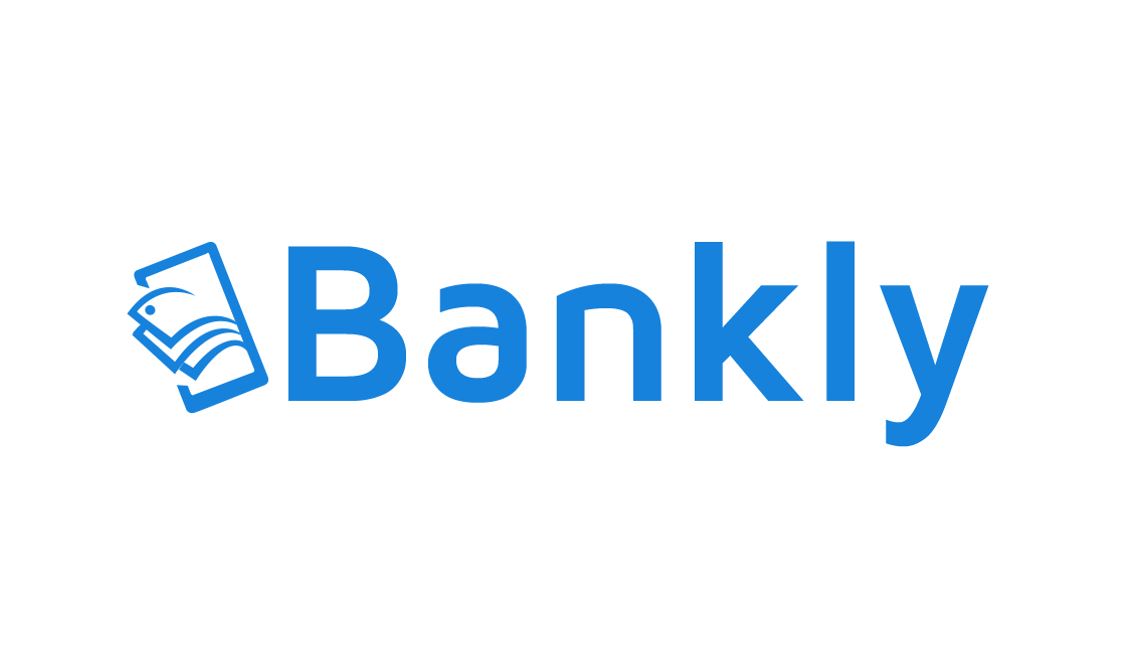 With 58 million adults “unbanked”, over half the adult population of Nigeria lack access to basic financial services and the financial freedom it brings. Knowing that small businesses and informal workers rely heavily on “thrift collection” systems to save, Tomilola Adejana developed Bankly in 2018 to provide a digital framework for these systems, eliminating fraud, decentralising funds and providing a safer path to savings. The platform works well but getting it up and running took enormous reserves of endurance and no little courage on the part of its founder.
With 58 million adults “unbanked”, over half the adult population of Nigeria lack access to basic financial services and the financial freedom it brings. Knowing that small businesses and informal workers rely heavily on “thrift collection” systems to save, Tomilola Adejana developed Bankly in 2018 to provide a digital framework for these systems, eliminating fraud, decentralising funds and providing a safer path to savings. The platform works well but getting it up and running took enormous reserves of endurance and no little courage on the part of its founder.Needing to partner with many organisations, including commercial banks, regulatory authorities, telecoms partners and investors, she experienced rejection after rejection in Nigeria’s often misogynistic commercial world (she even had to attend some meetings with older male “mentors” to be taken seriously). And when misogyny wasn’t the problem, venture capitalist told her she had no chance of succeeding against the big telecom companies pursuing similar initiatives.
But Adejana was not to be deterred and simply used the misogyny and cynicism to spur herself on. Eventually, in July 2019, Bankly went live and has already garnered huge interest and support from investors, accelerators and government agencies. The prize? Bankly has realistic ambitions to access 2.6% of the $3.3 billion market in five years – and bring financial inclusion to millions of Nigeria’s unbanked.
%20
Harnessing the Winds of Change Award
The Judges’ Choice Award winner is Lemonade Insurance.
The People's Choice Award winner is Avataar.me.
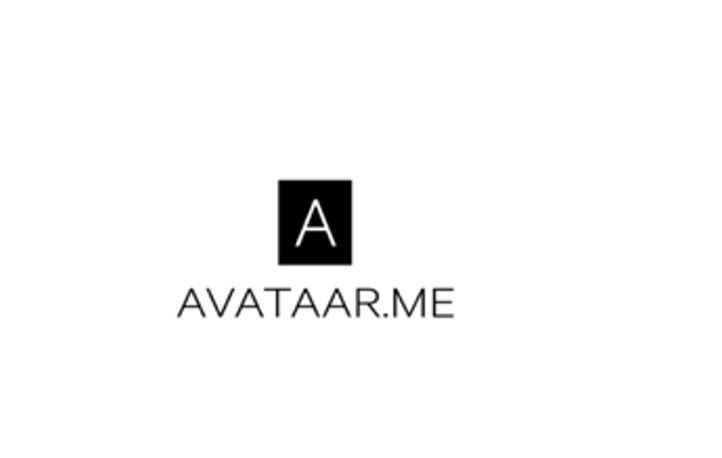 We perceive 3D depth in our physical reality, but our digital touchpoints are all 2D, and it takes out what is important to our visual sensory perception. Lacking spatial information and interactivity, digital media has a low emotional connect leading to lower click-through-rates (CTR) with the customer. The solution? Avataar.me founders Sravanth Aluru and Gaurav Baid decided to build an artificial intelligence (AI) platform to convert 2D photos and videos into highly immersive, 3D extended reality and augmented reality (AR) “product-discovery experiences” – so people can actually “try” anything from life-size furniture in their living room to cars in their backyard before buying. Claiming to provide an 150% uplift in CTR over 2D modes of digital bottom funnel conversions, Avataar.me is seeing rapid commercial adoption across all digital & digitally influenced commerce sectors, onboarding industry leaders as clients along with global partnerships with Instagram and Facebook.
We perceive 3D depth in our physical reality, but our digital touchpoints are all 2D, and it takes out what is important to our visual sensory perception. Lacking spatial information and interactivity, digital media has a low emotional connect leading to lower click-through-rates (CTR) with the customer. The solution? Avataar.me founders Sravanth Aluru and Gaurav Baid decided to build an artificial intelligence (AI) platform to convert 2D photos and videos into highly immersive, 3D extended reality and augmented reality (AR) “product-discovery experiences” – so people can actually “try” anything from life-size furniture in their living room to cars in their backyard before buying. Claiming to provide an 150% uplift in CTR over 2D modes of digital bottom funnel conversions, Avataar.me is seeing rapid commercial adoption across all digital & digitally influenced commerce sectors, onboarding industry leaders as clients along with global partnerships with Instagram and Facebook.With many analysts predicting that we are now witnessing an inflection point for AR platforms, the company is ideally placed to exploit rapid changes in consumer behaviour – which would explain why it’s seeing serious investor inbound for its series A funding to expand its global client base.
 With a shift from print to digital, the traditional mainstream media has become bound to a lightning quick news cycle focused on breaking news. Established in the Netherlands in 2013, De Correspondent has challenged this tendency by pursuing a philosophy which they call “noise-cancelling journalism” that aims to explore and explain complex issues which affect us all, rather than describe news events.
With a shift from print to digital, the traditional mainstream media has become bound to a lightning quick news cycle focused on breaking news. Established in the Netherlands in 2013, De Correspondent has challenged this tendency by pursuing a philosophy which they call “noise-cancelling journalism” that aims to explore and explain complex issues which affect us all, rather than describe news events.At the heart of this approach are their members, who crowdfunded the original Dutch platform and subsequently an English-language platform (The Correspondent) which launched in 2019. With this support De/The Correspondent eschews advertisers and works in collaboration with its members on stories spanning topics such as technology, climate and social inequality. It’s in this model that the organisation is “unbreaking” news as we know it.
 Historically associated with institutions such as Lloyds of London (founded in 1688), insurance is not an industry traditionally associated with disruption. Orthodoxy holds that insurance companies assume risk and reward to set the ‘right’ price for their product relative to expected claims. Founded in New York by entrepreneurs Shai Wininger and Daniel Schreiber in 2015, Lemonade turns this model upside down by allowing customers to pool insurance premiums with other customers and donate any excess to charities of customers’ choosing. In effect, by utilising big data and AI to replace underwriters and brokers, and attaching a social cause to its offering, Lemonade is harnessing changes in technology and consumer behaviour not only to win customers but, by changing the very perception of an insurance company (old, dry, dusty), threatening to revolutionise the entire industry.
Historically associated with institutions such as Lloyds of London (founded in 1688), insurance is not an industry traditionally associated with disruption. Orthodoxy holds that insurance companies assume risk and reward to set the ‘right’ price for their product relative to expected claims. Founded in New York by entrepreneurs Shai Wininger and Daniel Schreiber in 2015, Lemonade turns this model upside down by allowing customers to pool insurance premiums with other customers and donate any excess to charities of customers’ choosing. In effect, by utilising big data and AI to replace underwriters and brokers, and attaching a social cause to its offering, Lemonade is harnessing changes in technology and consumer behaviour not only to win customers but, by changing the very perception of an insurance company (old, dry, dusty), threatening to revolutionise the entire industry.The threat is real: although neither of the founders had any previous experience in insurance, Lemonade has gained hundreds of thousands of customers in five years and millions of dollars in revenue. And, after raising $300 million in funding in 2019 (bringing the total raised to $480 million), it went public on the New York Stock Exchange in July 2020 – making it a fintech unicorn believed to be worth over $2 billion.
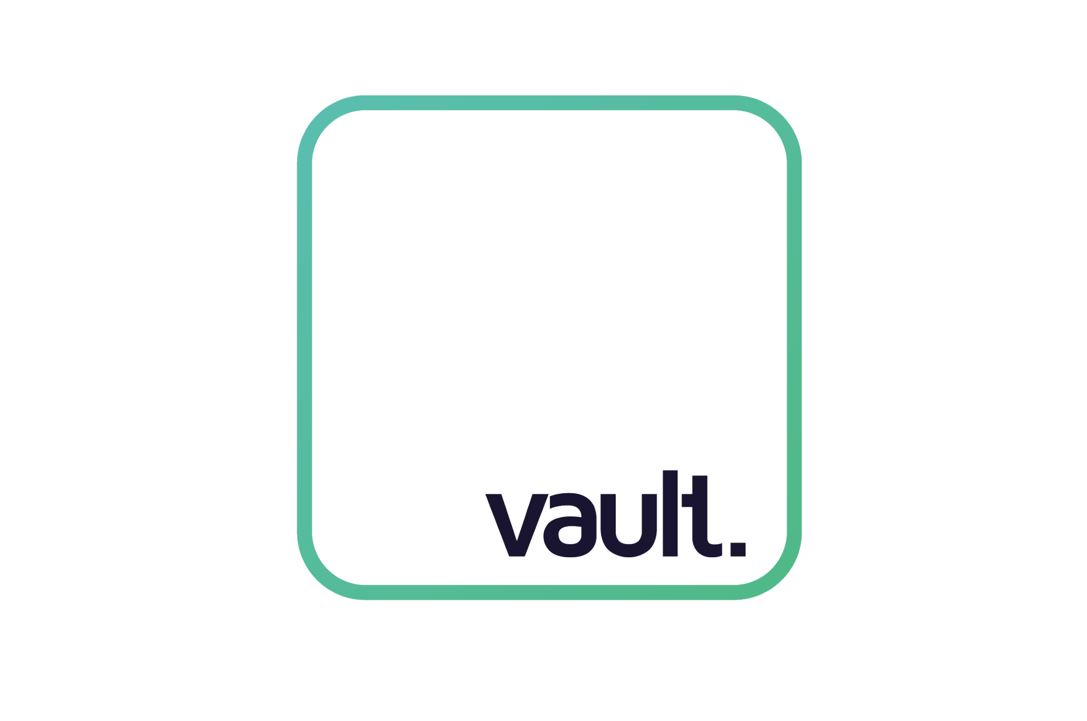 Global social movements such as #MeToo, #TimesUp, and Black Lives Matter have put misconduct, harassment, and injustice in the workplace front and centre of any corporate strategy. As employees, authorities, and the general public have become less tolerant of bad behaviour and systemic inequality, businesses have been forced to acknowledge that words are no longer enough. Action is required and that means changing the approach to cultivating a healthy workplace culture.
Global social movements such as #MeToo, #TimesUp, and Black Lives Matter have put misconduct, harassment, and injustice in the workplace front and centre of any corporate strategy. As employees, authorities, and the general public have become less tolerant of bad behaviour and systemic inequality, businesses have been forced to acknowledge that words are no longer enough. Action is required and that means changing the approach to cultivating a healthy workplace culture.Legacy mechanisms for enabling employees to speak up - such as ethics hotlines - have become outdated and increasingly ineffective since their appearance decades ago. But as well as increasing the barriers to employees speaking up, they also make it harder for companies to listen.
Founded in London in 2018, Vault Platform has revolutionised the process of speaking up and listening for both employees and employers. An innovative mobile app ensures employees have access to the reporting system wherever and whenever. While an enterprise product suite designed not around case management but around case resolution means businesses can solve the problem quickly and demonstrate they have employees’ best interests at heart.
The new category of HR technology known as ‘TrustTech’ closes the trust gap between employee and employer, establishing a culture where people can thrive by being their best selves at work.
%20
If at First You Don't Succeed Award
The Judges’ Choice Award winner is Arth.
The People's Choice Award winner is Field Intelligence.
 Each of India’s annual 8.2 million wood-based cremations burn 400 to 500 kilograms of wood, causing huge deforestation and adding greatly to air pollution. To tackle the problem Arth, a team of students from the Indian Institute of Technology in Delhi, decided to use ‘logs’ made of cow dung, with organic additives to increase combustibility, for a more efficient fuel – but the obstacles were immense. First, using significant fund money and resources, the team set up a huge greenhouse to dry the dung. But efficient drying needs heat and wind – and there was no wind inside the greenhouse.
Each of India’s annual 8.2 million wood-based cremations burn 400 to 500 kilograms of wood, causing huge deforestation and adding greatly to air pollution. To tackle the problem Arth, a team of students from the Indian Institute of Technology in Delhi, decided to use ‘logs’ made of cow dung, with organic additives to increase combustibility, for a more efficient fuel – but the obstacles were immense. First, using significant fund money and resources, the team set up a huge greenhouse to dry the dung. But efficient drying needs heat and wind – and there was no wind inside the greenhouse.Changing strategy, they tried using LPG heaters with fans – but this conflicted with the clean-energy mission. Finally, turning to biomass to run the heaters, the team reduced the log drying time from eight days (sun-drying) down to two, and eventually got funding to set up a manufacturing hub at a ranch housing 8,000 cows.
This now supplies cow-dung logs to the largest crematorium in Delhi and, in three years’ time, Arth will have prevented the escape of 2.3 million tonnes of carbon dioxide and 4,500 tonnes of methane, and generated INR 40 crores (around £4 million) in wages for the local economy – as well as significantly impacting water pollution by helping to keep rivers and drains free of cow dung.
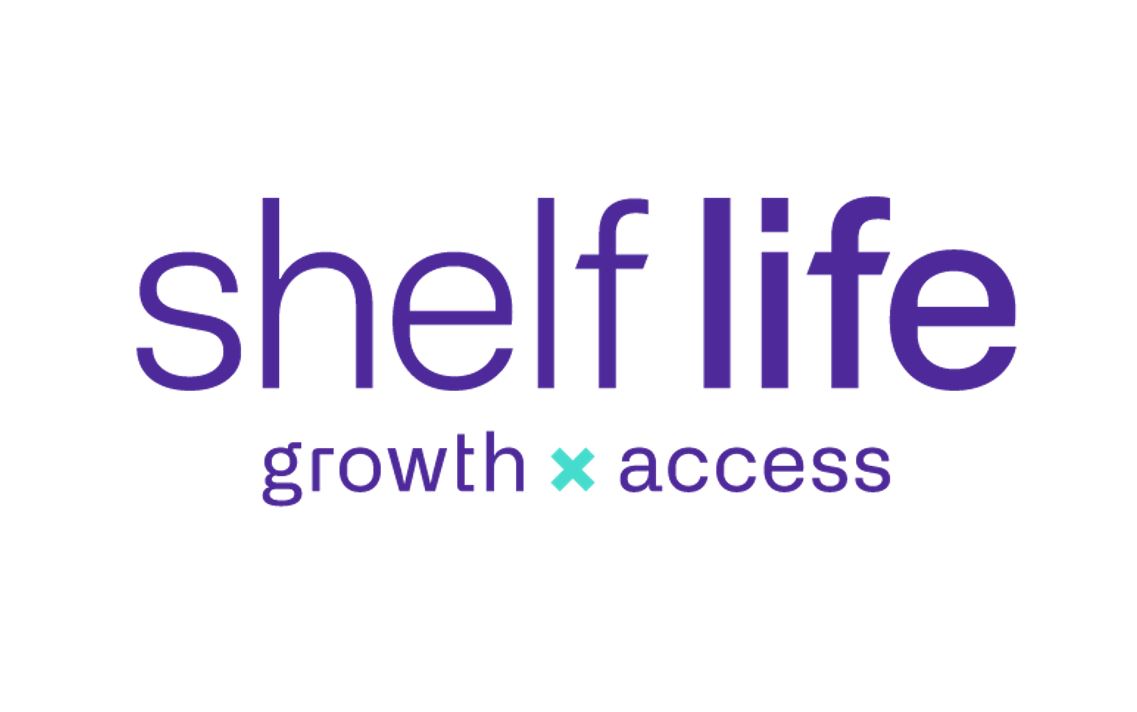 In 2015 Justin Lorenzon and Michael Moreland, recognising that expanding smartphone use, mobile data infrastructure and cloud computing presented an opportunity to transform the supply and delivery of essential medicines in developing countries – founded logistics software developer Forth, focusing on Nigeria. But, after proving their key hypothesis that the vast number of informal transport workers could deliver essential medicines nationwide, the next stage – securing backing from NGOs and public sector funders for a pilot programme – was not so easy.
In 2015 Justin Lorenzon and Michael Moreland, recognising that expanding smartphone use, mobile data infrastructure and cloud computing presented an opportunity to transform the supply and delivery of essential medicines in developing countries – founded logistics software developer Forth, focusing on Nigeria. But, after proving their key hypothesis that the vast number of informal transport workers could deliver essential medicines nationwide, the next stage – securing backing from NGOs and public sector funders for a pilot programme – was not so easy.For all the goodwill they encountered, support was not forthcoming. They had not found a product-market fit working from the top down, so they decided – in a remarkable pivot – to work from the bottom up, this time in the private sector and with community pharmacies. With lower barriers to entry, they conducted their own pilot, buying $5,000 worth of medicine, then shipping it.
Over three years, Field Intelligence and its pharm-tech platform Shelf Life has grown rapidly through a combination of tenacity, product strength and capital infusion to serve over 280 community pharmacies. Providing quality medicines to over half a million patients and by extending millions of dollars in credit to small community pharmacies they have transformed access to medicines via a new generation of healthcare supply chains.
Huddlebuy was launched as a group buying platform for SMEs (‘Groupon for small businesses’). It was clear the business model would not work and with 3 months of cash left the the founders 12 pivoted the business model to offering a lead generation service to brands who wanted to target SMEs leveraging their expertise in using social media to target SMEs.
The business was profitable; however, it did not align with the founders’ vision: they had no passion for it. However, based on their extensive interactions with SMEs, they learnt that the one consistent thing that SMEs wanted help with was retaining and engaging their staff.
So, in 2015, they pivoted again, launching Perkbox to provide SMEs with an employee perks platform to democratize the world of employee benefits and help SMEs compete against corporates in the battle for talent. With incumbent employee benefit providers solely focused on corporate customers, Perkbox quickly disrupted the market leveraging their years of expertise in acquiring SMEs through social media. By 2018, Perkbox became the UK market leader working with over 8,000 employers.
In 2019, they evolved Perkbox into a holistic employee experience platform with the addition of new products such as Perkbox Insights, Reward and Recognition and Perkbox Medical.
Perkbox has launched in France and Australia and is in the process of launching globally.
Perkbox has raised over £20M from Draper Esprit, is profitable and delivered £60Million+ in revenue in FY’2019 – proving that, if at first you don’t succeed, pivot, and pivot again...
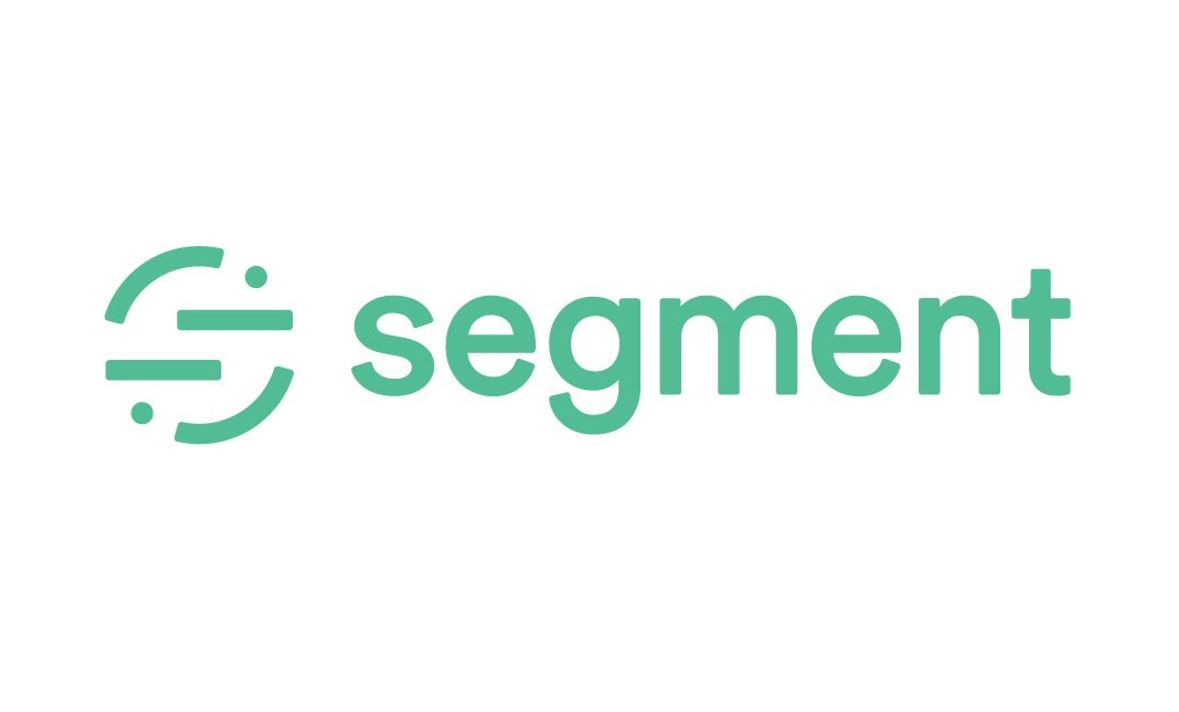 Launched in 2011, Segment enables companies to collect, clean and unify their data and connect to over 200 marketing, analytics and data warehouse tools – but, in product terms, it is many iterations away from the classroom-learning tool the founders envisaged. After raising $500,000 in venture capital to develop it, the founders realised the tool was useless: students utterly failed to engage with it.
Launched in 2011, Segment enables companies to collect, clean and unify their data and connect to over 200 marketing, analytics and data warehouse tools – but, in product terms, it is many iterations away from the classroom-learning tool the founders envisaged. After raising $500,000 in venture capital to develop it, the founders realised the tool was useless: students utterly failed to engage with it.Going back to the drawing board, the team thought they had found product-market fit with an advanced data-analytics tool – and failed again. In a crowded market, they faced steep competition from global players and, it seemed, were always a tweak away from product-market fit. After a last-resort trip to Y Combinator, they decided, as an experiment, to use a 500-line, open-sourced program to create a new platform and created a simple landing page, with an option to enrol on a mailing list for further news.
After publishing the page on Hacker News, they received thousands of customer engagements and proceeded to develop a new offering to customers: not analytics, but customer data management. Segment has now raised $283.7 million in funding, giving it a valuation of $1.5 billion. All it took was one experiment – and several failed attempts…
In 2013, Sriharsha Majety and Nandan Reddy, friends from one of India’s premier engineering institutes spotted an opportunity in the country’s booming e-commerce segment and founded Bundl, a logistics aggregator in Bangalore. The idea was to provide seamless logistics to small and medium e-commerce players. However, while many started to take their logistics in-house, the team realized that hyperlocal city logistics play was going to be a much bigger market.
The following year saw a massive explosion in convenience services aimed at solving the problem of last-mile connectivity. No food delivery player had yet built their own logistics network, instead partnering with third parties – but this led to inefficient delivery and lack of accountability, the two biggest customer pain points. Sriharsha and Nandan decided to leverage this opportunity using the lessons they’d learnt. The duo built their own hyperlocal business for food deliveries with a dedicated delivery fleet and brought on board software engineer Rahul Jaimini to complete their founding team. Adopting a lean-startup approach and launching and experimenting with new ideas, Swiggy grew rapidly to become a household name in food delivery – making it India’s fastest growing unicorn up at that point, and at a valuation of $3.6 billion, India’s most valued food-tech company today.
Innovation in Adversity Award
The Judges’ and People’s Choice Award winner is Warrington and Halton Teaching Hospitals for the team that invented the ‘Black Box’.
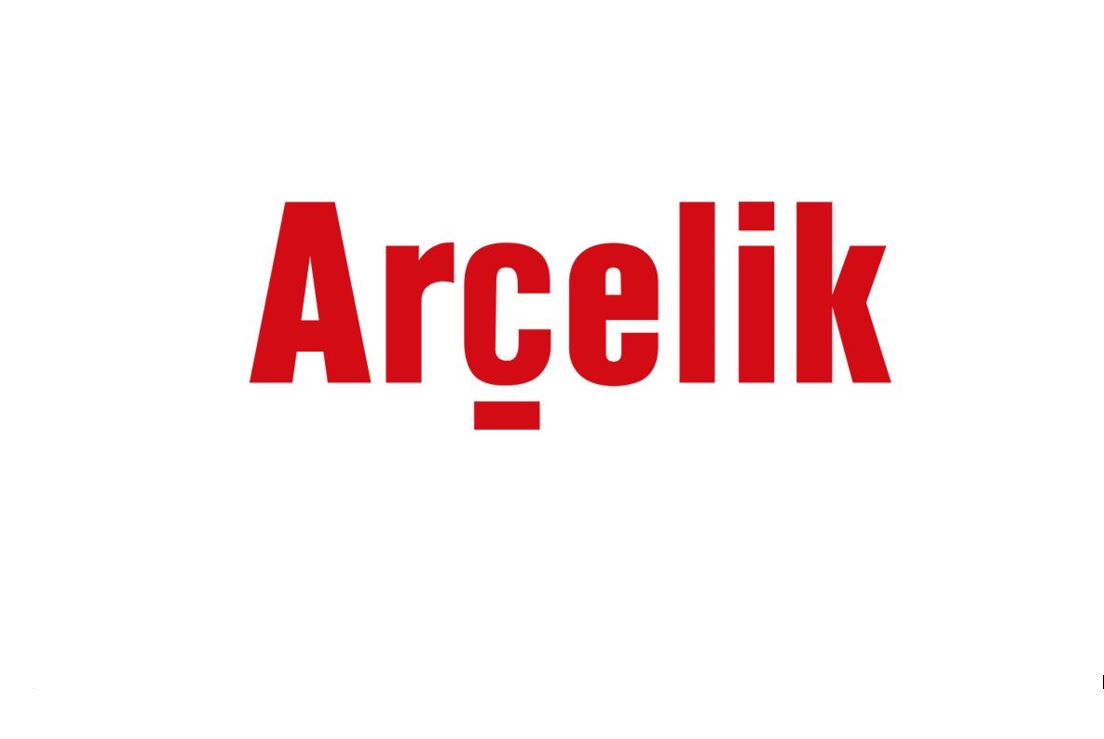 When COVID-19 hit Europe, leading consumer durables company Arçelik, which owns Beko and Grundig, joined forces with some of the biggest names in technology and aviation to undertake the mass production of life-saving mechanical ventilators. In a remarkable case of cross-industry ‘collaboration for innovation’, 120 engineers, including 60 from Arçelik and others from BioSys, Baykar Technologies and Aselsan, got together to use the rapid-prototyping facilities at Arçelik Garage, an open innovation centre in Istanbul, to design and test the initial prototype on a strict two-week deadline.
When COVID-19 hit Europe, leading consumer durables company Arçelik, which owns Beko and Grundig, joined forces with some of the biggest names in technology and aviation to undertake the mass production of life-saving mechanical ventilators. In a remarkable case of cross-industry ‘collaboration for innovation’, 120 engineers, including 60 from Arçelik and others from BioSys, Baykar Technologies and Aselsan, got together to use the rapid-prototyping facilities at Arçelik Garage, an open innovation centre in Istanbul, to design and test the initial prototype on a strict two-week deadline.Arçelik has completed production of 5,000 life-saving mechanical ventilators in June. 2,607 of these ventilators have been sent to 18 countries including some of the hardest hit countries, such as Brazil, Somalia and Nigeria. The collective expertise in the design, industrialisation and localisation of the ventilator is given to the Turkish Ministry of Industry and Technology on a not-for-profit basis.
Arçelik CEO Hakan Bulgurlu said: “We’re proud to have played a role in this project, which shows what can be achieved when we come together for the greater good. We want to be part of the solution; working collectively with businesses and governments to fight COVID-19 globally and shape a more sustainable future.”
In 1997 Pau Bach was 18 years old, passionate about motorbikes and cycling, in his first year of studying industrial design, and someone who led an extremely active life. When a traffic accident left him quadriplegic and struggling to cope with a profoundly life-changing injury, he found that the mobility aids available then simply did not allow him to do what he wanted to do, in terms of both mobility and lifestyle. The solution? Pau decided to start manufacturing by hand his own mobility solutions: ‘add-on’ handbikes that incorporated technology from cycling and electric vehicles that could be connected to his wheelchair.
Thanks to his inventions, he was able to enjoy a new kind of mobility that allowed him to practise sports, travel and get around autonomously. In 2006, now aged 27, he decided to improve the life of others in his situation by developing sellable products. In 2008 he launched his own product line in Spain and they are available today in more than 20 countries worldwide, reaching more than 6.000 wheelchairs users in total. He has since gone from strength to strength, garnering numerous awards for social responsibility and entrepreneurship along the way. If ever there was a case of necessity being mother to invention, this is it.
 Appalachia – the coal-rich region that once powered America – has long been in decline, blighted by unemployment and poverty. How, wondered two former coal miners in Pikeville, could they create employment in this bleak scenario? Having considered “just about everything – wind farms, solar farms, hog farms – you name it!” – Rusty Justice and Lynn Parrish set up Bit Source, a software services company that turns former miners into coders and sells software products to companies. Along the way they had to overcome challenges seemingly the size of the surrounding mountains themselves: a scarcity of IT skills, poor high-speed internet access and difficulty in accessing funds and projects.
Appalachia – the coal-rich region that once powered America – has long been in decline, blighted by unemployment and poverty. How, wondered two former coal miners in Pikeville, could they create employment in this bleak scenario? Having considered “just about everything – wind farms, solar farms, hog farms – you name it!” – Rusty Justice and Lynn Parrish set up Bit Source, a software services company that turns former miners into coders and sells software products to companies. Along the way they had to overcome challenges seemingly the size of the surrounding mountains themselves: a scarcity of IT skills, poor high-speed internet access and difficulty in accessing funds and projects.But the founders had seen how miners employed logic to solve life or death problems underground and had a hunch that the same skills could be successfully redeployed in programming. They began by hiring 11 former miners who scored highest on a coding aptitude test, trained them to be highly competent programmers and secured software development contracts with several companies. Bit Source is still small but, five years on, most of the original team still code away in the company’s old Coca-Cola factory by the Big Sandy river, diligently applying Appalachian ingenuity to move mountains.
San Francisco-based Cheetah began life as an aggregator of restaurant wholesalers, enabling restaurants to order all their supplies, and get them delivered next day, via one mobile app instead of managing a complex network of suppliers who traditionally take orders by phone or email. Cheetah then delivered the items in temperature-controlled vehicles, saving restaurants time and money. But, when COVID-19 hit, it lost 80% of revenues almost overnight. Demonstrating true innovative thinking in adversity, Cheetah saw the opportunity not only to pivot to survive, but also to support the local community. By creating a consumer version of its app, it enabled customers to order from its wholesale suppliers and collect orders the next day at designated pick-up points in a completely contactless process. The system leverages Cheetah’s infrastructure to solve numerous pain points in a post-COVID world: it helps local grocery stores overcome possible supply shortages through access to a separate supply chain; enables more food ordering transactions with fewer employees than door-to-door delivery, and saves customers time by avoiding speculative shopping trips and queues to enter stores – not to mention reduce risk of COVID-19 transmission. Cheetah is also supporting restaurants by removing its delivery fees on supplies for those that remain open; little wonder that in April this year it closed a $36 million Series B round, bringing total funding to more than $66 million since its 2015 inception.
Warrington and Halton Teaching Hospitals
 Innovation is often a case of necessity, that was certainly the case at Warrington and Halton Teaching Hospitals, experiencing an international acute shortage of ventilators. The small team of consultants, nurses, physiotherapists and physiologists knew they needed to try something different. They knew that engineering teams from Mercedes Formula One and University College London were attempting to develop Continuous Positive Airways Pressure valves, which pump oxygen under constant higher pressure into the lungs, to treat patients.
Innovation is often a case of necessity, that was certainly the case at Warrington and Halton Teaching Hospitals, experiencing an international acute shortage of ventilators. The small team of consultants, nurses, physiotherapists and physiologists knew they needed to try something different. They knew that engineering teams from Mercedes Formula One and University College London were attempting to develop Continuous Positive Airways Pressure valves, which pump oxygen under constant higher pressure into the lungs, to treat patients.Rather than waiting for this development the Warrington Team looked at modifying kit they already had, to be used in a critical setting – the now famous ‘Black Box’. This not only provided the equipment they needed without delay but also at a saving of nearly £100,000. One of the team first tested them on fellow staff members before using them on patients.
It worked so well that Warrington continues to have the lowest number of COVID-19 related deaths in the north-west of England – half that of some local hospitals. A classic example of ‘recombinant innovation’ in a time of need without delay, it also demonstrates that small innovations made locally by people just ‘doing their job’ can make a huge difference to people’s lives. In fact, it can save them…







 With the demand for computing power accelerating exponentially year-on-year, analysts calculate that data storage could account for 20% of all the world’s electricity by 2025, due to the demand from server farms storing digital data from billions of users. Swiss Vault Systems, co-founded by LBS alumnus Dr. Bhupinder Bhullar, has come up with an unlikely potential solution to the rapidly escalating problem. Trained in molecular oncology at Novartis Pharmaceuticals, Dr Bhullar utilised next-generation DNA sequencing technologies to identify the mutations that confer drug resistance – and along the way, demonstrated a method that increased efficiency of the process to discover the molecular targets for drug compounds by one thousand-fold. But the technology presented a big ‘big-data’ headache for hospitals: the data output from a single machine is one terabyte per sample (equivalent to 1,000 DVD films). How could hospitals, with their limited resources, manage the data volume?
With the demand for computing power accelerating exponentially year-on-year, analysts calculate that data storage could account for 20% of all the world’s electricity by 2025, due to the demand from server farms storing digital data from billions of users. Swiss Vault Systems, co-founded by LBS alumnus Dr. Bhupinder Bhullar, has come up with an unlikely potential solution to the rapidly escalating problem. Trained in molecular oncology at Novartis Pharmaceuticals, Dr Bhullar utilised next-generation DNA sequencing technologies to identify the mutations that confer drug resistance – and along the way, demonstrated a method that increased efficiency of the process to discover the molecular targets for drug compounds by one thousand-fold. But the technology presented a big ‘big-data’ headache for hospitals: the data output from a single machine is one terabyte per sample (equivalent to 1,000 DVD films). How could hospitals, with their limited resources, manage the data volume?


















